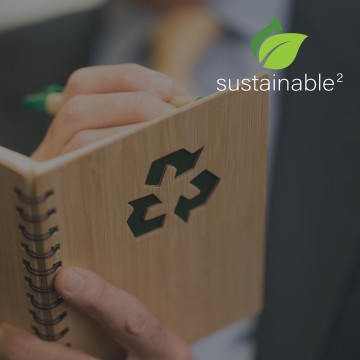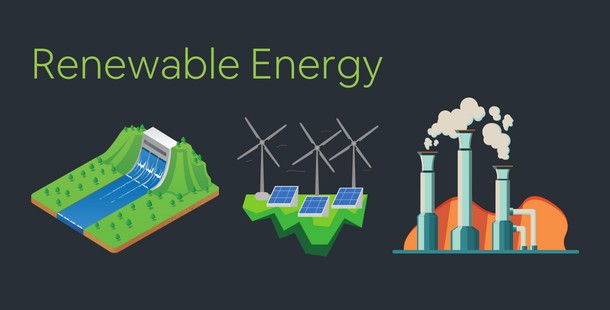10 Sustainability Terms Every Business Leader Should Know
Sustainability has become essential for long-term business success. But between carbon emissions, ESGs, greenwashing, and other buzzwords, the complex environmental and social jargon seems neverending. This alphabet soup of sustainability terms can leave any business leader's head spinning.
Why does this matter? Companies today face increasing pressures across numerous fronts - regulation, activism, investor demands, and customer expectations - to transform their operations.
However, turning ambition into action requires a clear understanding of fundamental concepts. Misinterpreting ideas like net zero or overlooking key principles like science-based targets can undermine progress.
Leaders need to invest time in grasping core definitions and frameworks to craft effective environmental and social strategies. Just like fluency in finance is non-negotiable, literacy in sustainability terminology and methodologies is mandatory.
The good news is quickly getting up to speed on key language is achievable. Below are succinct definitions of 10 essential sustainability terms and frameworks to provide a solid base. For more detailed explanations and examples, check out our new sustainability glossary.
- Net Zero - Achieving an overall balance between greenhouse gases released and gases removed from the atmosphere through reduction measures and carbon offsets.
- Carbon Footprint - The total greenhouse gases emitted directly or indirectly by an individual, organisation, event or product.
- Scope 1, 2 and 3 Emissions - The three emissions categories across direct operations, energy supply chains, and broader corporate value chains.
- ESG - Stands for environmental, social, and governance. The three central factors for measuring sustainability and societal impact.
- Carbon Offset - Compensating for emissions by purchasing credits from verified projects that avoid, reduce or remove emissions elsewhere.
- Circular Economy - An economic model focused on eliminating waste through continual use and recycling of resources to decouple growth from finite resource consumption.
- Renewable Energy - Harnessing naturally replenished sources that are constantly renewed in the environment, like sunlight, wind, geothermal, and plant matter.
- Science-Based Target - An emissions reduction target aligned with climate science requirements for limiting global temperature rise.
- Greenwashing - Deceptive marketing that portrays a false impression of environmental merits through vague claims, images, symbols, etc.
- Sustainability Reporting - The practice of disclosing ESG policies, impacts, procedures and performance to demonstrate accountability.
Of course, sustainability extends far beyond these ten definitions. This barely scratches the surface of the hundreds of essential terms, frameworks, and methodologies business leaders need to know. But, establishing a common language on even just these key ideas lays a crucial foundation for developing and communicating impactful strategies across your company.
Don't let complex language be a roadblock. Download our free corporate sustainability guide to unlock the knowledge to turn commitment into action. It makes the complex simple so you can accelerate progress.
Access here - Sustainable2 Glossary E-book






